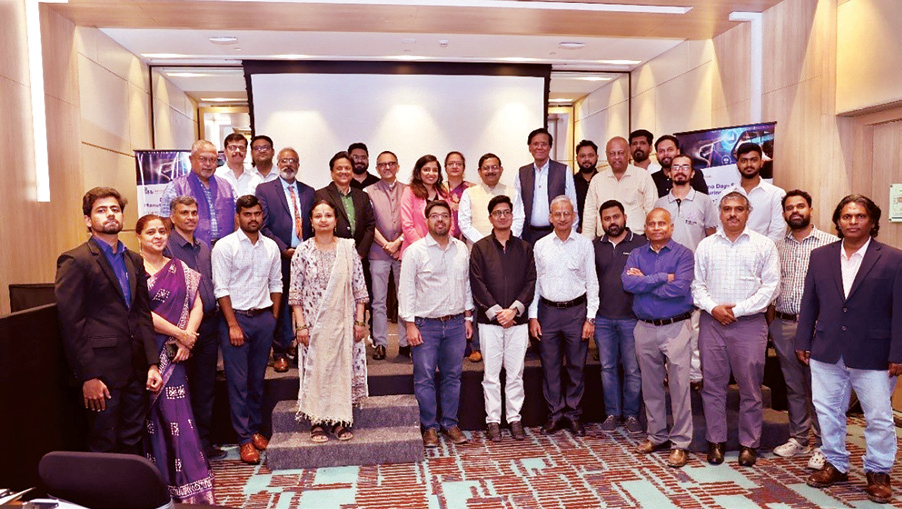
Open source internet?
The antidote to capitalist web already exists
In the early days of the internet, famously, no one knew if you were a dog. The internet was a place where you could be anyone. More importantly, it was also a place where you could find anything: that rare book, the perfect pair of neon-pink tights, or a community for your unusual health condition. The underlying model of the internet was that it was decentralised, and everyone had the right to have a voice even dogs.
Marketers realised they could use the internet to make money, but no one had figured out how yet. The original search engine included an index of all the pages on the web you could browse the whole web if you were so inclined. For those of us there, it was like the coolest club going, only everyone there was an oddball, nerd or another kind of outcast. Like all the best clubs, though, the internet didn't stay exclusive. Marketers did work out how to use it to sell things (mostly pornography in the early days), and the internet became a fact of life rather than a niche interest.
From consolidation to ‘enshittification': In the early 2000s, we saw another phenomenon: consolidation. Facebook, through its links to the US college experience, became the place to connect with friends. Amazon, through its distribution network, became the place to buy … well, everything. Google was the source of information and used this position to become the default source of information in browsers and mobile phones.
Initially, this consolidation happened because these tools were great for the people who used them. Then the tools became less great for end users, and instead became great for the people who sold things on them (advertisers, mostly). However, people kept using the tools because the cost of switching was high, or there was no viable alternative. Finally, these products have become great for people who own them, and not great for anyone else. The competition has also been squeezed out. The most fitting term for this process is “enshittification”, coined by author and digital rights activist Cory Doctorow. It is rife across digital products as diverse as ridesharing, streaming services, and search engines. So now, instead of connecting with friends, finding unique products, or having information about the world at your fingertips, the internet is a shopping mall advertising the same poorquality products everywhere.
The alternative world exists: So, what was the alternative? It's been there all along. Lots of the internet still runs on it. It's called the free and open-source software movement. In the dawn of the tech era – 1950s and '60s – most people involved in tech and programming were hobbyists and tinkerers, who shared code to help each other build stuff, grow and learn.This became a social movement centred around the ethics of distributing software, and it had four underlying principles:
1.Software should be free to use for any purpose
2. Software, and the code that underlies it, should be available for study and modification
3. You should be free to share software with others, and
4.You should be free to share software you have modified. For many people in the movement, it was unethical to make software proprietary, or work with companies that did: this became the free software movement. The open-source software movement is an alternative that's more amenable to proprietary software, but still believes people should have access to the code. This approach has much in common with the modern “right-to-repair movement” – it's fine for a company to sell you a product, but you should be able to take it apart and fix it if it isn't working.
Open-source software is baked into the internet. Over 95 per cent of the top million web servers – the computers that send web content to your laptop or browser – run Linux, an open-source operating system (instead of Windows or iOS). Netscape, an early web browser, was released open source, and the Firefox browser is still open source today.
A right to repair the internet: So, how different would the internet look if the open-source movement had been even more dominant? It is instructive to look at what happens when for-profit tech giants release code and documentation, either deliberately (like Twitter) or accidentally (like Google). In both cases, analysis of the code or documents discovered quirks that benefit either the companies or their founders, which company representatives said or implied weren't happening. In these cases, the openness has meant people could understand what was happening in a way that wasn't possible earlier.
 English daily published in Bengaluru & Doha
English daily published in Bengaluru & Doha






